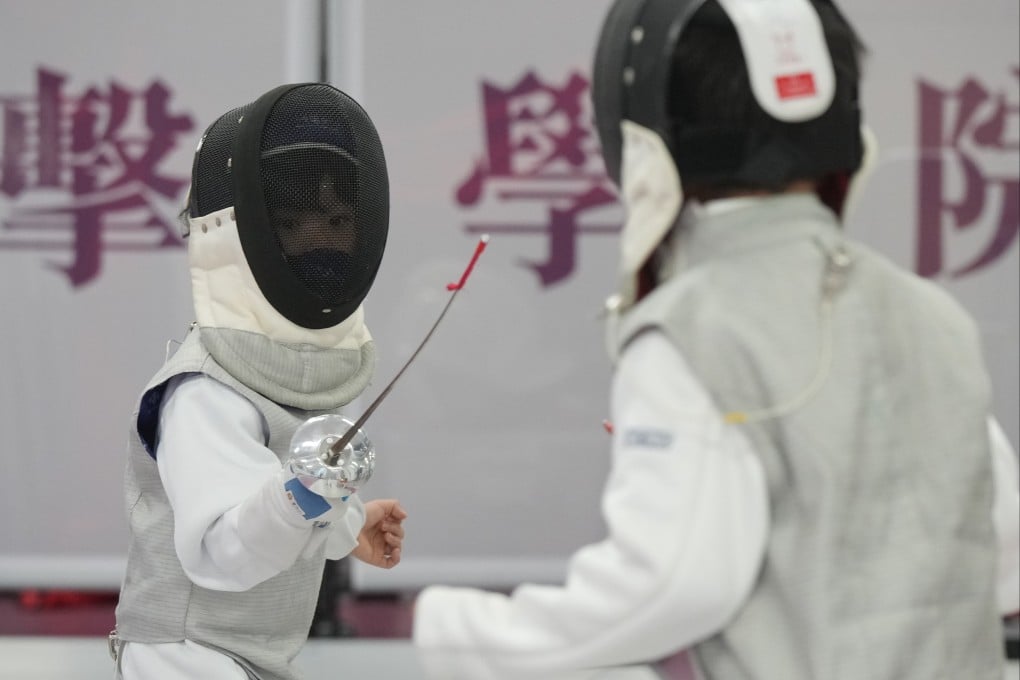Advertisement
Being Chinese | Could Olympic-inspired Hong Kong dare to fail?
- For Hong Kong youth who want to take an unconventional path in life, the bar for parental approval is set too high
Reading Time:3 minutes
Why you can trust SCMP
2

When fencer Vivian Kong Man-wai returned to Hong Kong with an Olympic gold medal, I was struck by one of her comments at the airport. She thanked her parents for allowing her to become an athlete even though they did not agree with her choice.
Swimmer Siobhan Haughey, who has two Olympic silvers and two bronzes, has spoken about how she struggled to balance school and training, waking up at 3am to study. Fencer Cheung Ka-long, who successfully defended his gold medal at the Paris Olympics, dropped out of secondary school to pursue his sporting career – unusually with the full support of his parents.
The stories of how they veered off the beaten track against the odds took me back to my childhood. Growing up, all I knew were adults and schools that emphasised the importance of climbing up the academic ladder in order to secure a decent job. People around me frowned on anything unconventional – careers in sports, art and music, for example. Only those who achieved exceptional results in these fields were deemed worthy of praise.
However, the medal haul Hong Kong athletes brought back from the Olympics in 2021 marked a turning point of sorts. If Cheung’s gold at the Tokyo Olympics created a flurry of interest in the sport in the city, prompting parents to sign their children up for classes, Kong’s gold has only fuelled the trend. Haughey’s success sparked a boom in swim club enrolments; her former coach said: “I dare to think that it has never been more accepted to pursue a career as an athlete for young citizens of Hong Kong.”
The sudden popularity of a relatively obscure sport like fencing among ordinary parents in Hong Kong is a reminder of the narrow possibilities generally open to the city’s children. Hongkongers either stick to the straight and narrow or at best follow the trails others have blazed. Perhaps this pragmatism is the result of a survivalist culture hard-wired into the generations that followed those who fled the Chinese civil war.
Young people who venture outside society’s career comfort zone must furnish their loved ones with solid proof of their chances of success and don’t have the luxury of too much trial and error before they face the pressure to conform once again.
Advertisement
